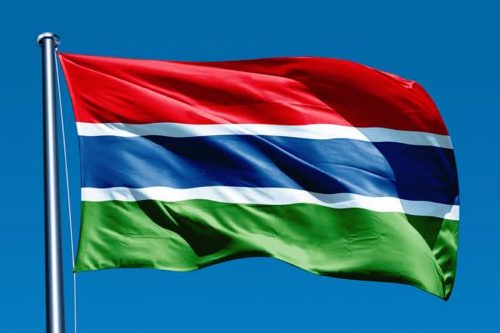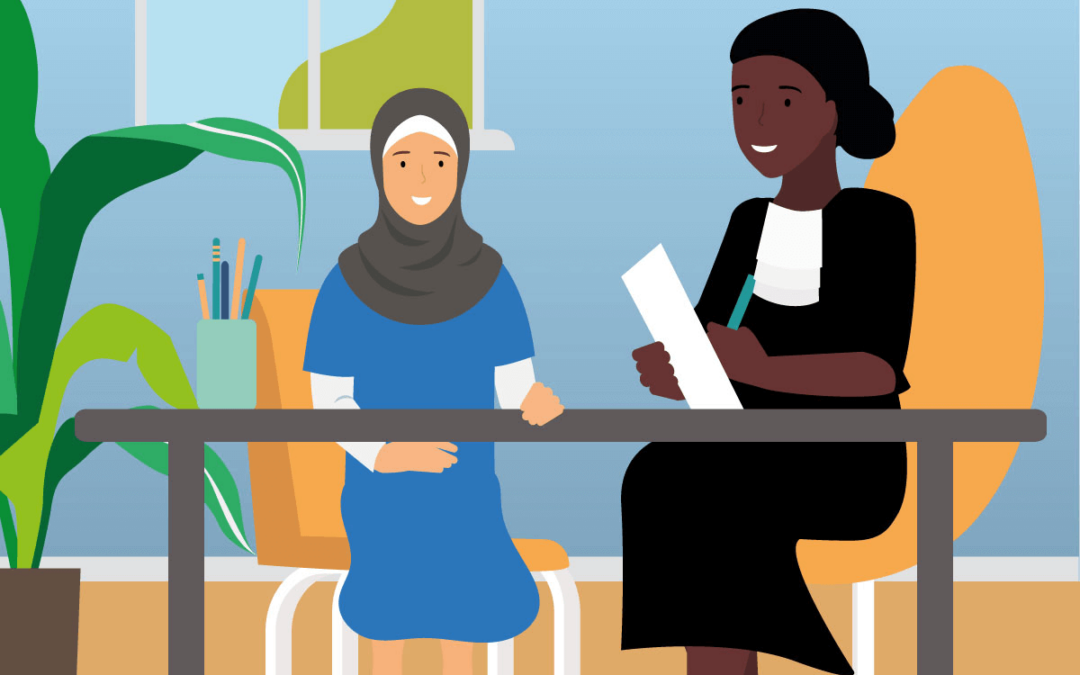
Mar 17, 2022 | Agendas, Events, News, Video clips
Immigration detention of children is unlawful according to international law and States are obliged to implement alternatives to detention. One of the best solutions for unaccompanied children is their placement into mainstream child protection systems, which already works well in some countries in the EU, an ICJ webinar was told.
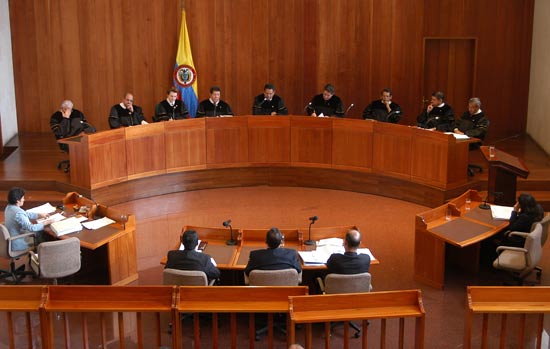
Mar 11, 2022 | News
Today, the Colombian Commission of Jurists (CCJ) and the International Commission of Jurists (ICJ) call upon the Government to respect the judicial independence of the Constitutional Court and take appropriate measures to guarantee the safety, security, and integrity of Constitutional Court’s justices from threats against them.

Mar 9, 2022 | News
The International Commission of Jurists (ICJ), along with 10 other human rights organizations, call on the Philippine legislature to repeal or substantially amend the fatally flawed SIM Card Registration Act, which is a substantial threat to the rights to privacy, freedom of expression and information, and non-discrimination in the Philippines.
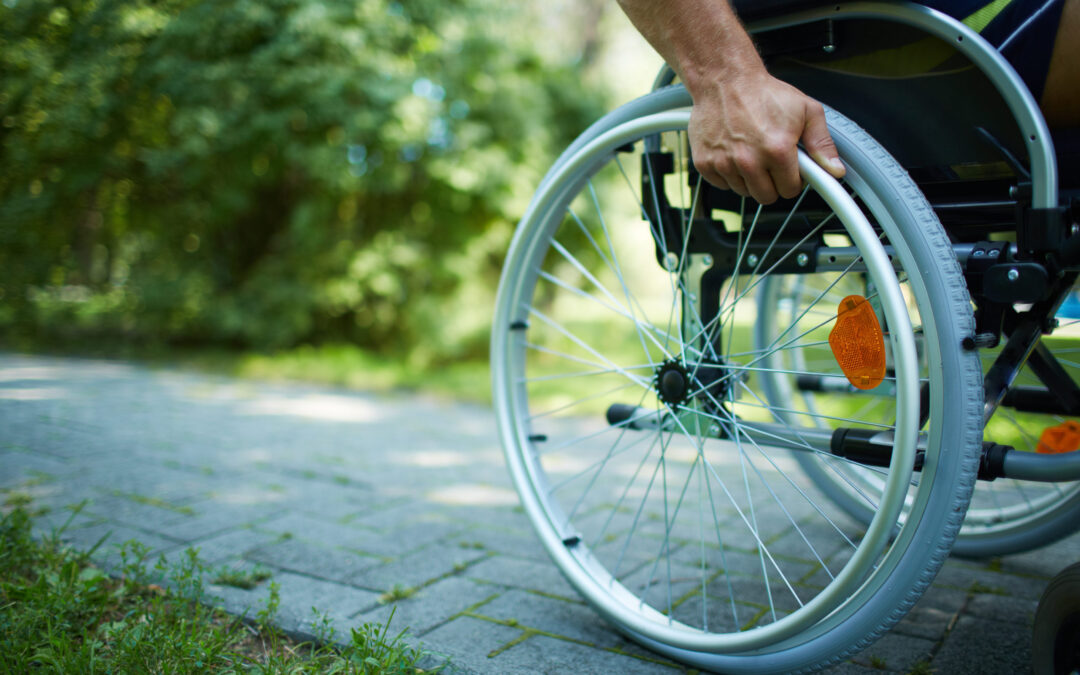
Mar 7, 2022 | News
The Mexican authorities should commit to a firm timeline for a consultative process with a view to ensuring effective review and modification of domestic legislation to guarantee that persons with disabilities have legal capacity to exercise their rights on an equal basis with others, the ICJ emphasized in a submission to the Committee on the Rights of Persons with Disabilities
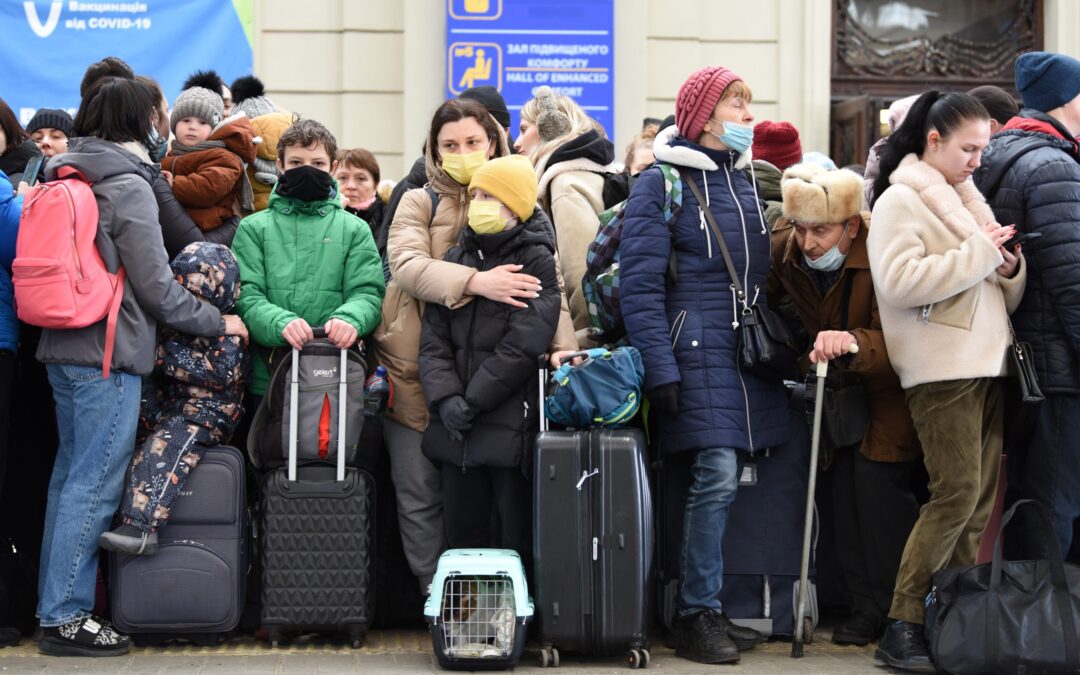
Mar 4, 2022 | News
The International Commission of Jurists (ICJ) warmly welcomes the decision of the Justice and Home Affairs Council of the EU, on 3 March, to approve the activation of the Temporary Protection Directive.






